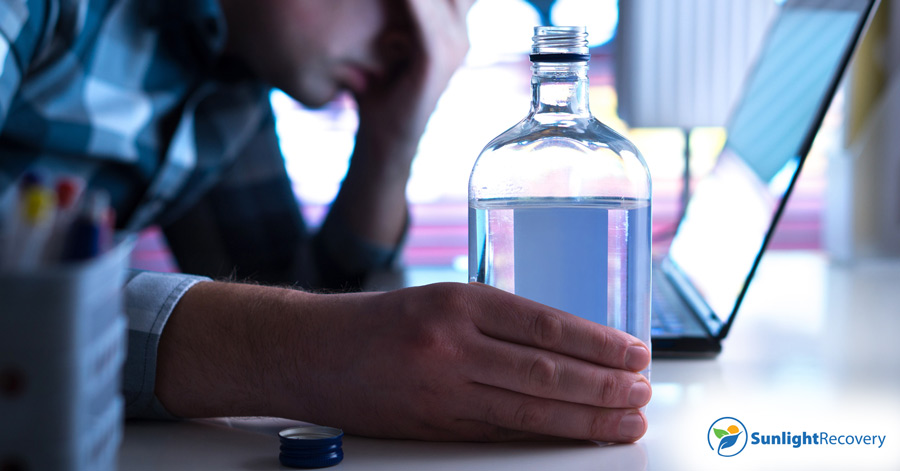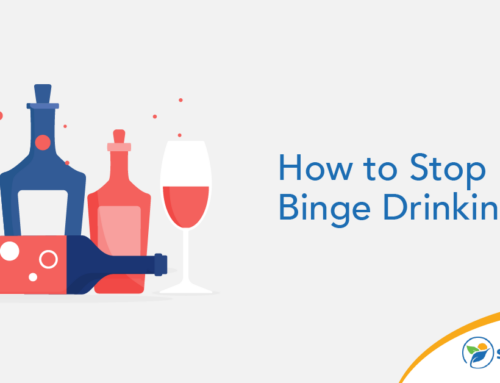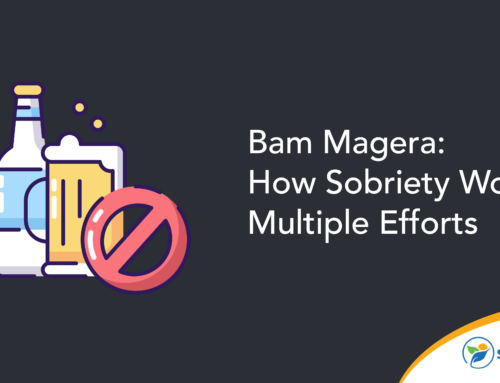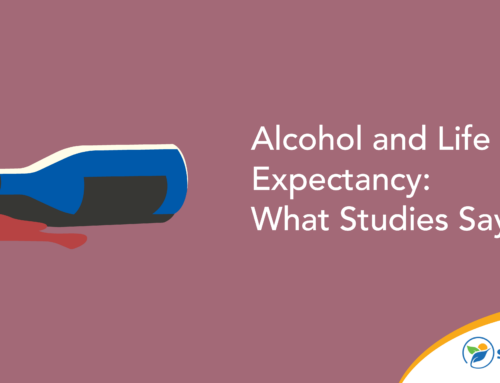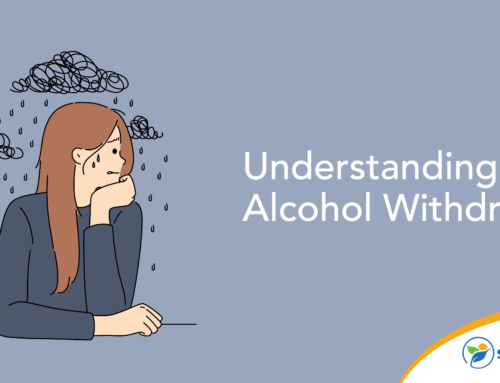Arriving in an emergency department while drunk presents complex legal questions and ethical concerns for emergency physicians and patients. It’s a situation nobody plans or wants to find themselves in, but if it happens, it’s critical to know your rights. You might be wondering, “If the police took me to the hospital drunk, can a doctor treat me? Will I be arrested for public intoxication?” Find out your rights and whether you face legal repercussions for visiting an ER while under the influence.
Legal Implications of Seeking Medical Care While Drunk
Emergency departments are nicknamed the “drunk tank jail,” where people who require medical care while intoxicated seek help. The question of when to take a drunk person to the hospital has a simple answer: They should be taken to the hospital whenever they require emergency medical assistance. Don’t delay medical attention for fear of arrest or being fined for public intoxication.
Public Intoxication Laws in Florida
The State of Florida deems it a second-degree misdemeanor offense when an intoxicated person endangers public safety or causes a disturbance in public due to drinking or impairment. However, visiting a hospital to seek necessary medical care while intoxicated doesn’t mean you’ll face misdemeanor charges. A patient will only face charges if they cause a disruption at the hospital and pose a danger to others.
Simply arriving at a hospital while under the influence of alcohol (if you got a ride or were brought in by someone else) isn’t enough to warrant an arrest or charge. However, driving to a hospital while drunk to seek medical care is extremely dangerous and can result in criminal charges.
Those wondering how to get help for a friend who requires medical attention while drinking underage should know that there are protections in place for them. According to the CDC, underage drinking accounts for more than 3,900 deaths among young Americans each year. To help combat this statistic, the State of Florida introduced a bill that protects people 21 and under from prosecution for underage drinking if they seek medical attention for themselves or others by calling 911.
Police Took Me to the Hospital Drunk: Do Doctors Have to Treat Me?
Medical professionals have a duty of care for patients who arrive in their emergency department. However, managing an alcohol-impaired patient comes with various challenges and ethical concerns for emergency physicians. If the police took you to the hospital drunk because you require emergency medical care, don’t panic. Medical professionals must be diligent and search for a diagnosis for whatever condition you’re experiencing rather than dismissing the issue as induced by intoxication.
The difficulty in dealing with an intoxicated patient is that they may not be able to tell the doctor what the problem is. The doctor may face incoherence, belligerence or denial, depending on the patient’s level of intoxication. However, the emergency physician mustn’t dismiss the patient or assume they’re not in a serious condition simply because they arrive drunk. Regardless of their mental state on arrival, the patient deserves the same level of care as anyone else, and the hospital’s medical staff are obligated to provide care as best they can.
However, the challenge of a drunk patient being unable to provide their consent creates a gray area for physicians about whether they should move forward with treatment. Florida law protects medical professionals from legal prosecution when they treat patients who are unable to give consent due to intoxication if they are:
- Experiencing a medical emergency
- Would reasonably consent to treatment if they weren’t under the influence of alcohol or drugs
- Unable to provide consent due to intoxication at the time of admission or an examination at the hospital
If you go to a Florida hospital to receive emergency care while drunk, you’ll be treated like any other patient, regardless of your mental state.
Alternatives and Interventions
If the police or loved ones are considering bringing an individual to a hospital simply due to their level of intoxication (and not because of a medical emergency), they should consider alternative options. Bringing someone to a hospital because they’re drunk and not because they need medical attention usually isn’t an appropriate use of the doctor’s time. It could put the individual at risk of arrest if they act belligerently towards the staff or other patients.
Situations in which you should bring a drunk person to an emergency department include:
- A severe injury requiring medical attention
- Suspected alcohol poisoning
- Drug interaction or overdose
- Suicidal ideation or behaviors
- When it’s unclear why the person is behaving erratically and a medical issue may be involved
If the person is drunk and behaving aggressively or endangering themselves and others, there are alternatives to consider for getting them help. A detox center or program is a safe option for keeping a family member comfortable while they’re going through alcohol withdrawal. This can be an excellent way to initiate an intervention and get them help.
Inpatient rehabilitation programs are a short-term option for building healthy habits and setting a person’s life on course for sobriety after they leave the facility. If you have a loved one who’d benefit from a supportive, 24/7 care environment, you might consider checking them into a rehab facility for inpatient care rather than a hospital.
Seek Medical Help as Necessary — Even If You’re Drunk
For a number of reasons, it’s critical to consume alcohol responsibly. Know your limits, don’t drink to the point of incoherence and always have a plan for a safe ride home. Never drive while intoxicated.
If you or someone you love requires medical assistance while drunk, don’t hesitate to contact 911 or visit an emergency department for help. Also, know that other options are available for situations that don’t require physical treatment.
At Sunlight Recovery, we can support you through medical detox, inpatient programs and more. Contact our team of compassionate counselors today to learn how we can help.


